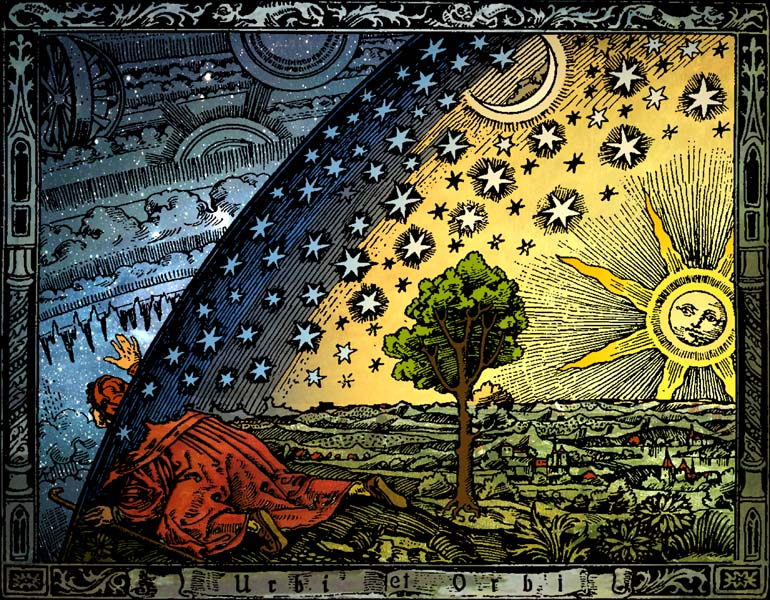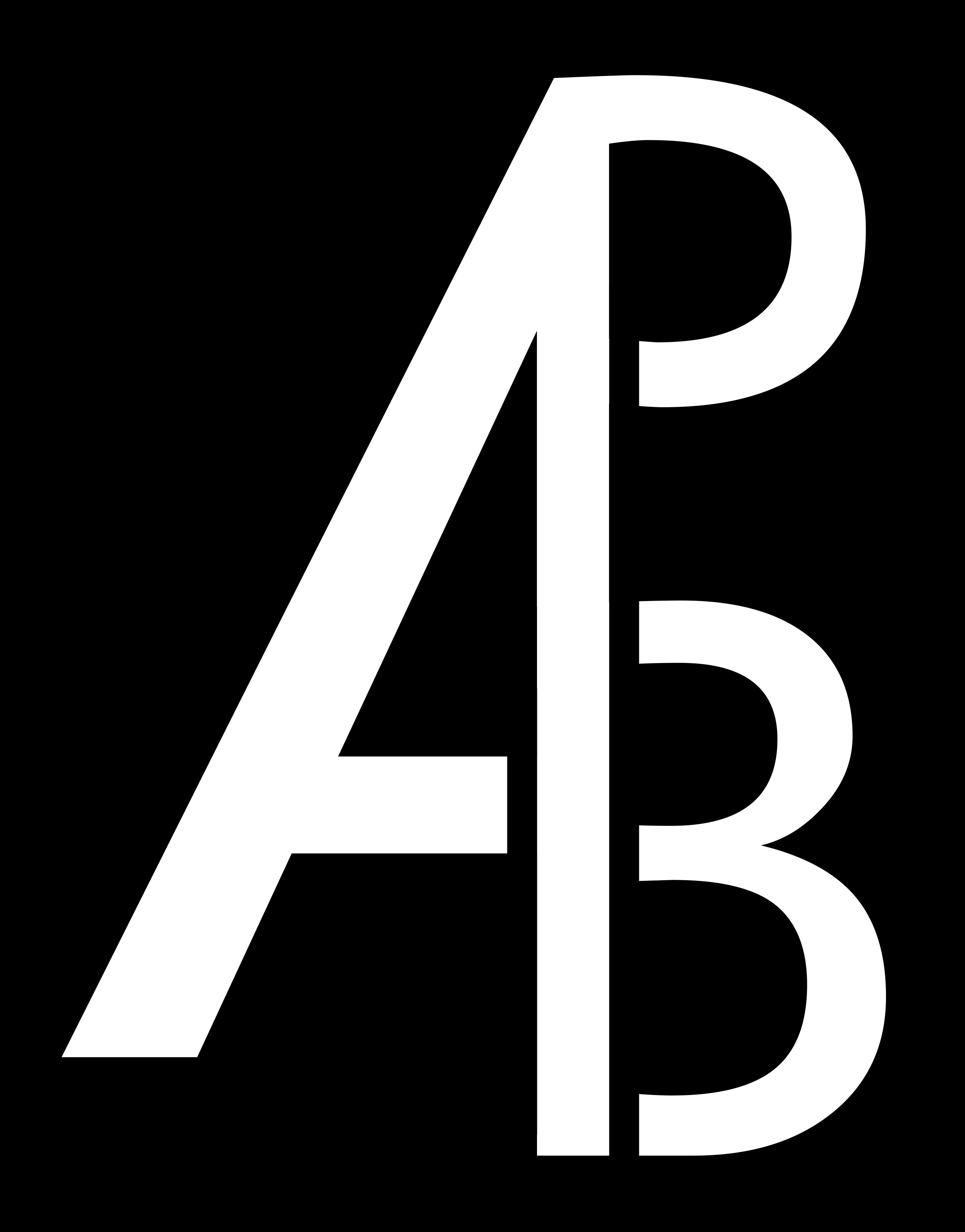 Strap yourselves in folks, because today we are talking about the one, the only, The Wheel of Time.
Strap yourselves in folks, because today we are talking about the one, the only, The Wheel of Time.
What is The Wheel of Time you ask? Well, in the broadest sense, the ‘wheel of time’ is a concept found in several religions, such as Hinduism and Buddhism, which regards time as a cyclical process whereby events repeat themselves over the ages as if they were notches upon a spinning wheel.
But here I’m talking about The Wheel of Time, a series of epic fantasy novels begun by the late author Robert Jordan and finished by Brandon Sanderson. If you’re a fantasy fan and you have not heard of The Wheel of Time, then quite honestly, I’m surprised. It is arguably the second most widely read and influential epic fantasy story ever written, behind only The Lord of The Rings. With at least 44 million copies sold, it is also one of the best-selling fantasy series of all time, behind only Harry Potter, The Lord of the Rings, The Chronicles of Narnia, Twilight, and Terry Pratchett’s never-ending Discworld series.
But what The Wheel of Time is best known for is its length. As Derek Zoolander might say, it’s really, really, really, really, ridiculously long. You want numbers? Let’s talk numbers.
Now, the average person thinks of a book’s length in terms of pages, but this is a poor way to judge length, as pages can be different sizes and contain text of varying sizes, fonts, and line spacings. So authors and publishers use word count as a true measure of a novel’s length. Let me give you some word counts to feast your brains on:
– A middle grade novel, for kids of ages 8-12, is usually around 20-40,000 words. Alice in Wonderland, for example, is ~27,000 words.
– Young adult books, for kids ages 12 and up, usually come in at about 55-70,000 words, but that has been trending upward in recent years. The Hunger Games clocked in at about 100,000 words.
– Very short adult novels might clock in at 50,000 words, like Ray Bradbury’s Fahrenheit 451, but most are around 90-100,000 words.
– Science fiction and fantasy novels tend to run long, and epic fantasy is the worst offender. 150,000+ words is not uncommon. The Fellowship of the Ring was about 187,000 words.
– Then there’s really, honkingly huge novels: Les Misérables (~531,000 words), War and Peace (~587,000 words), and Atlas Shrugged (~645,000 words).
– The longest single novel ever written (though it was published in seven volumes, so I’m not completely sure you can argue it really is a single novel) is Marcel Proust’s In Search of Lost Time, coming in at an astounding 1.2 million words. Seems like a fitting title for such a long novel.
So what about The Wheel of Time, you ask? Well, the longest single novel in the series is the 4th, The Shadow Rising, which clocks in at nearly 394,000 words, but you have to understand that there are a full 14 novels in the series, plus a relevant prequel, and if you add up the length of all of those books, you get the full length of the series:
4.41 million words
What makes that number even more astounding is that The Wheel of Time is all one single story. Some authors, particularly those of mysteries and crime novels, will write serialized novels, where the main character is always the same but each novel centers around a different plot, but The Wheel of Time series focuses on a singular plot throughout the entire series. As such, I would hazard to say that The Wheel of Time might be the single longest story ever written.
Now, writers will often talk about ‘good length’ and ‘bad length’, and as masterful a storyteller as Robert Jordan was, he absolutely had his fair share of ‘bad length’ within the series. At times, the story slows to a snail’s pace. Then the snail stops moving and as a reader you wonder if the snail might have died.
The 10th book, Crossroads of Twilight, is often considered the most painfully slow and boring of all the novels. The plot summary of the novel on Wikipedia is hilarious. Every main character that appears in the novel simply continues to try to do whatever is was they were doing in the last novel. Quite literally, nothing of any consequence happens within the novel’s 271,000 words. To give you an idea of how poorly it was received by fans, the novel currently sports a rating of 1.8 out of 5 stars on Amazon, which is simply unheard of for a novel with over 2,500 reviews.
The series’ length was the main reason I was tentative about starting it and the reason I didn’t begin reading it until 2007, but embark upon the literary journey I ultimately did.
It almost destroyed my love of reading.
Let me first say that I have the utmost respect for Mr. Jordan. To attempt to create a tale of the length and level of complexity that he did… well, I don’t think anyone had ever attempted such a task before. And I certainly have yet to read any other fantasy series, even one a fraction of the length of The Wheel of Time, that has not traversed through some rocky reading terrain at some point. In fact, most incredibly long novels and series usually transmutate into extended philosophical ramblings (Terry Goodkind’s Sword of Truth series comes to mind), but I never felt like The Wheel of Time became preachy. It’s just a really, really long story.
The problem is that no one, I don’t care how talented, can write 4.41 million words of gripping fiction revolving around a single story. And Mr. Jordan was no exception. As the series progressed, the tale slowed to a glacial pace. With each progressive book, subsequently fewer and fewer plot elements were resolved, nor were new ones introduced. And with each passing book, my desire to keep reading was incrementally diminished.
Now, us fantasy readers are a weird breed. We keep reading novels even when every sense of reason tells us to abandon them, simply because we want to see how a story ends. Honestly, I can think of only one fantasy series I have abandoned part way through, but that was because it had become so violent and poorly written that I lost all interest in the story. (Try to guess which in the comments! Might surprise you…) And so I kept reading The Wheel of Time, as it sucked my love for fantasy like a leech. At one point, I think I read two Wheel of Time books in a calendar year, and no other fiction.
I paused after the 10th book, arguably the most dreadfully boring of them all. I considered not finishing the series. But for some reason, I pushed onward and picked up book number 11.
I’m glad that I did.
Book 11, Knife of Dreams, was miraculously good. I’m not sure if Mr. Jordan was revitalized by his impending death (he suffered from a blood disease known as amyloidosis), but the book was riveting. After his passing, up-and-coming fantasy author Brandon Sanderson was contracted to finish the series, and in my opinion, he has done an astounding job.
Going back to the title of this blog, I’ve mentioned how The Wheel of Time smothered my love of reading, but how exactly did it revitalize it? As clear as this fact is to me, it is a difficult question to answer. Perhaps it is because my instinct to see series through to their conclusions was justified with a quality book delivered by Mr. Jordan before his passing and subsequently by several more from Brandon Sanderson. Perhaps it is because Mr. Sanderson’s online lectures reinterested me in writing and encouraged me to try my own hand at it. But there is more than that, I think.
There is a popular phrase, sometimes attributed to the poet Ralph Waldo Emerson, that life is a journey, not a destination. I believe the same is true of a story. The plot of The Wheel of Time is fundamentally basic. It’s a coming of age story, of a young man coming to grips with his power and using it in the name of good to defeat evil. The story’s destination is among the most frequently visited destinations in all of fiction. And yet, the journey presented in The Wheel of Time is one of the most meticulously crafted, most in-depth, most all consuming I have ever read. Like life, it has its ups and downs, its joys and sorrows, its moments of passion and those of inactivity, but also like life, it is a journey worth having taken.
The final novel in the series, A Memory of Light, came out at the beginning of this year. I have yet to read it, but I look forward to doing so. Thanks Mr. Jordan and Mr. Sanderson for a great journey.
Image credits: Featured image by By Heikenwaelder Hugo, Austria, Email : heikenwaelder@aon.at, www.heikenwaelder.at [CC-BY-SA-2.5 (http://creativecommons.org/licenses/by-sa/2.5)], via Wikimedia Commons.

Okay, I’m going to try to guess in the comments which one. I base this only on what *I* discarded unfinished as poorly written schlock and purple prose about a despicable character that missed the point that anti-heroes should at least be cool: The Chronicles of Thomas Covenant the Unbeliever.
My next guess would be Cerebus the Aardvark by Dave Sim; Cerebus does fit the anti-hero definition but eventually breaches acceptability to the point where he’s unforgivable. All the while you’re watching the author seem to descend into insanity and d-baggery and wondering where the charming Conan parody tale you started went.
The Chronicles of Thomas Covenant the Unbeliever is a good guess, but I’ve never read that one for rather obvious reasons. I’d never even heard of Cerebus the Aardvark, but now that I’ve looked it up, I can say I won’t be reading that series either.
I won’t name the series I was thinking of, but it had an original trilogy that was just okay and then a second trilogy that I found to be awful and off-putting and never finished. I don’t like to bad mouth authors, so that’s probably all I’ll say about it.